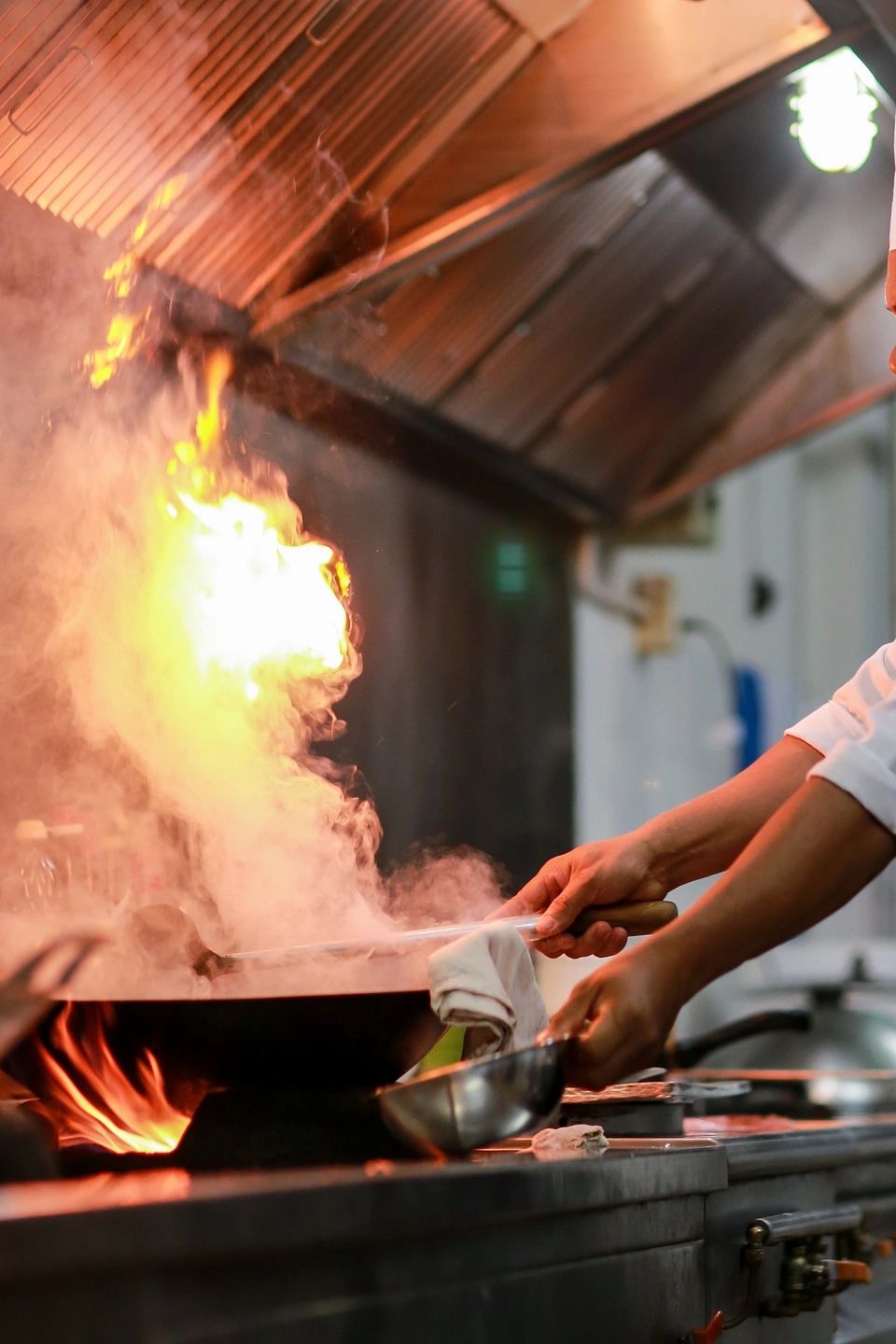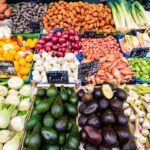In today’s culinary landscape, the convergence of technology and cooking has sparked a revolution, redefining how we approach food preparation and dining experiences. From smart kitchen appliances to innovative cooking techniques, technology has profoundly influenced every aspect of the culinary arts. This article explores the multifaceted impact of technology on modern cooking, from revolutionizing techniques to predicting future trends.
Revolutionizing Techniques
Technology has ushered in a new era of cooking techniques, transcending traditional methods with precision and innovation. Techniques like sous vide cooking, which involves simmering food in vacuum-sealed bags at precise temperatures, have revolutionized how chefs achieve consistency and flavor perfection. Molecular gastronomy, another cutting-edge approach, explores the scientific principles behind cooking, manipulating ingredients at a molecular level to create extraordinary textures and tastes. Precision cooking devices and temperature control systems further empower chefs and home cooks alike to experiment with new flavors and textures, pushing the boundaries of culinary creativity.
Smart Kitchen Appliances
The advent of smart kitchen appliances has transformed the culinary landscape, offering unparalleled convenience and efficiency. Smart ovens equipped with integrated sensors and Wi-Fi connectivity allow users to monitor and control cooking remotely via smartphone apps. Connected kitchen devices, from smart refrigerators that track ingredient freshness to automated sous vide machines, streamline meal preparation and enhance cooking precision. The Internet of Things (IoT) has seamlessly integrated these devices into everyday culinary routines, revolutionizing how we interact with our kitchens and cook meals.
Enhanced Flavor and Nutrition
Beyond convenience, technology has significantly enhanced the flavor and nutritional value of foods. Advanced techniques in flavor extraction and retention ensure that ingredients maintain their optimal taste profiles throughout the cooking process. Culinary scientists and food technologists collaborate to innovate methods that preserve nutrients and vitamins during cooking, promoting healthier eating habits without compromising on taste. This synergy of culinary science and technological advancements has empowered chefs to elevate the quality and nutritional integrity of dishes, catering to diverse dietary preferences and wellness goals.
Culinary Creativity Unleashed
The digital age has democratized culinary creativity, providing aspiring chefs and food enthusiasts with unprecedented resources and inspiration. Recipe apps and online food blogs serve as virtual playgrounds for culinary experimentation, offering a wealth of diverse recipes and cooking techniques at the touch of a button. Digital cooking tutorials and interactive platforms enable users to learn and master complex culinary skills from renowned chefs and peers worldwide, fostering a community-driven approach to cooking innovation. Technology has not only expanded the horizons of culinary creativity but also nurtured a culture of sharing and collaboration within the global food community.
Challenges and Considerations
However, the integration of technology in cooking is not without its challenges. As reliance on smart devices and automated systems increases, concerns arise about the potential erosion of traditional culinary skills and authenticity. Maintaining a balance between leveraging technological advancements and preserving the artistry of cooking remains a pertinent consideration. Skill maintenance and ongoing education play crucial roles in ensuring that chefs and cooks retain their expertise and adaptability in a technology-driven culinary landscape. Striking a harmonious balance between tradition and innovation is essential to uphold the rich heritage and diversity of culinary arts worldwide.
Future Trends
Looking ahead, the future of technology in cooking promises even more exciting developments. Artificial intelligence (AI) is poised to revolutionize recipe creation and meal planning, offering personalized culinary experiences tailored to individual tastes and dietary needs. Virtual reality dining experiences may soon transport diners to immersive culinary realms, where taste and ambiance converge in unprecedented ways. Sustainable kitchen technologies are also on the horizon, with innovations aimed at reducing food waste and environmental impact throughout the food production and consumption cycle. The evolving role of technology in cooking continues to shape the future of gastronomy, paving the way for novel culinary experiences and sustainable practices.
Conclusion
In conclusion, technology has undeniably transformed modern cooking, ushering in a new era of culinary innovation and accessibility. From revolutionizing cooking techniques and enhancing flavor profiles to fostering creativity and addressing future challenges, technology remains a driving force in the evolution of gastronomy. As we embrace the possibilities of AI, virtual reality dining, and sustainable kitchen technologies, the intersection of technology and culinary arts promises to redefine how we perceive, prepare, and enjoy food in the years to come. Embracing these advancements while preserving the essence of culinary tradition ensures a vibrant and dynamic future for food enthusiasts and professionals alike.
Please like, comment, and share this article if you found it helpful and
informative.
Visit https://bigtownbulletin.com if you would like to see more of this content.
Please like, comment, and share this article if you found it helpful and
informative.
For more news check out Big Town Bulletin News
For more from Big Town Bulletin check out Big Town Bulletin


